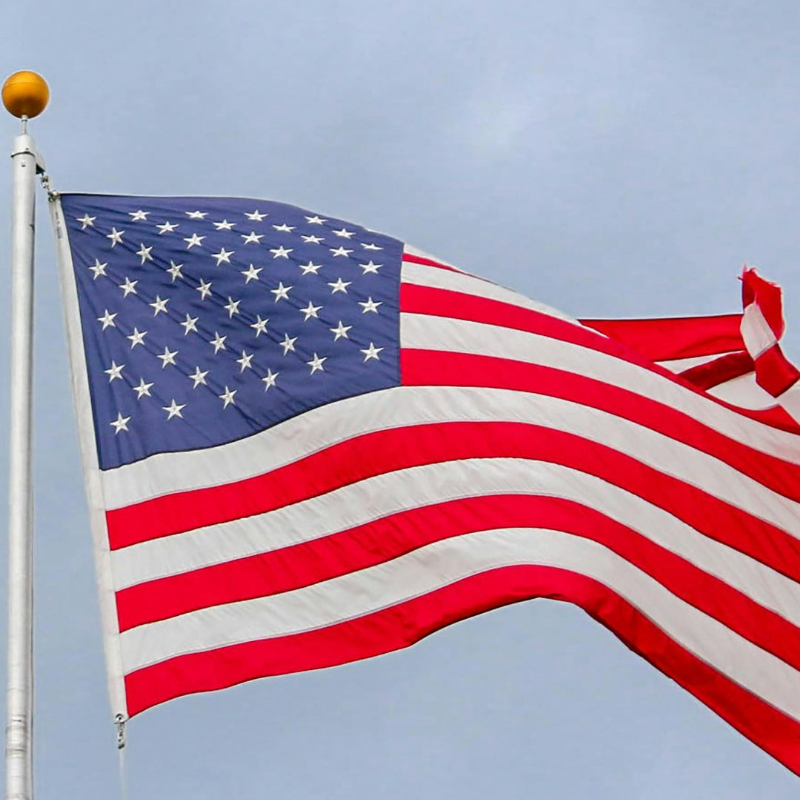DOJ interested in cause of action against Illinois State Board of Elections?
Why Kane County voters should follow this case

A legal battle is underway in Illinois that underscores a growing concern among conservatives: the failure of state election officials to properly maintain voter registration rolls. As reported by The Center Square, former state Rep. Jeanne Ives and her organization, Breakthrough Ideas, along with Illinois Family Action, are pressing forward with a lawsuit filed in March 2024. The suit, backed by Judicial Watch attorneys, alleges that the Illinois State Board of Elections has neglected its duty under the National Voter Registration Act (NVRA) to remove ineligible voters. While two plaintiffs were dismissed from the case, Ives’ group retains standing, signaling that the issue is far from resolved.
Evidence of Negligence and Risk of Fraud?
Ives points to alarming data and personal examples that suggest Illinois’ voter rolls are riddled with inaccuracies. According to The Center Square, she cited instances where deceased individuals were recorded as having voted, a troubling sign of systemic failure. In one example, 23 counties with nearly one million registered voters removed only 100 names over two years—a number Ives called “absurdly small.” Such negligence not only wastes taxpayer money and time, but also opens the door to fraud, especially in a state with permanent vote-by-mail policies. Ballots sent to outdated or invalid addresses can easily be misused, undermining the integrity of elections.
Federal Scrutiny and National Implications?
The case has drawn attention from the U.S. Department of Justice, which filed a 15-page statement of interest on July 8. Assistant Attorney General Harmeet K. Dhillon emphasized the importance of removing ineligible voters to ensure fair and accurate elections. The DOJ’s involvement signals that this issue could have national ramifications, potentially leading to further legal action. Ives told The Center Square that a settlement may be on the horizon, but regardless of the outcome, the case highlights a fundamental conservative principle: election integrity must be protected through rigorous enforcement of voter list maintenance. Without it, public trust in the democratic process is at risk.
Article as referenced in The Center Square
Latest Articles, Submissions & Community Highlights
Participating groups, neighborhood leaders, and citizen coalitions can share news, documents, or resources here.



